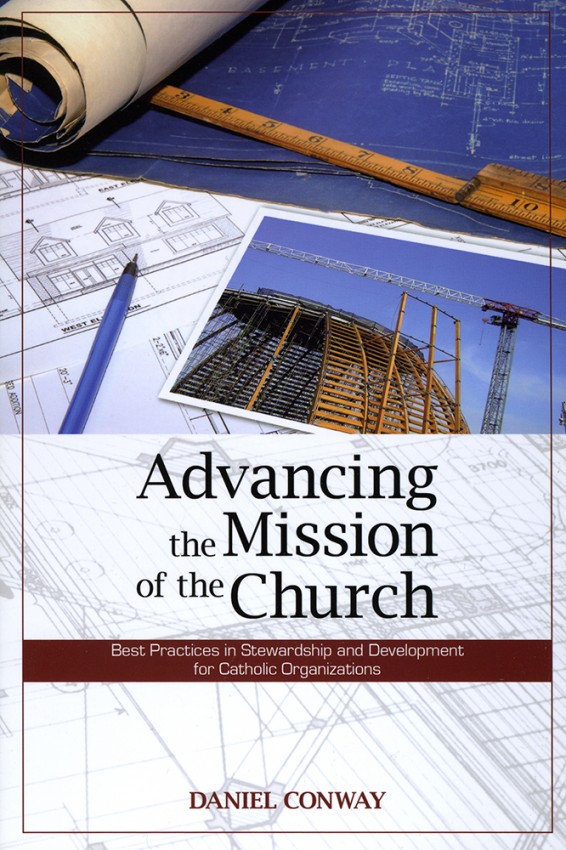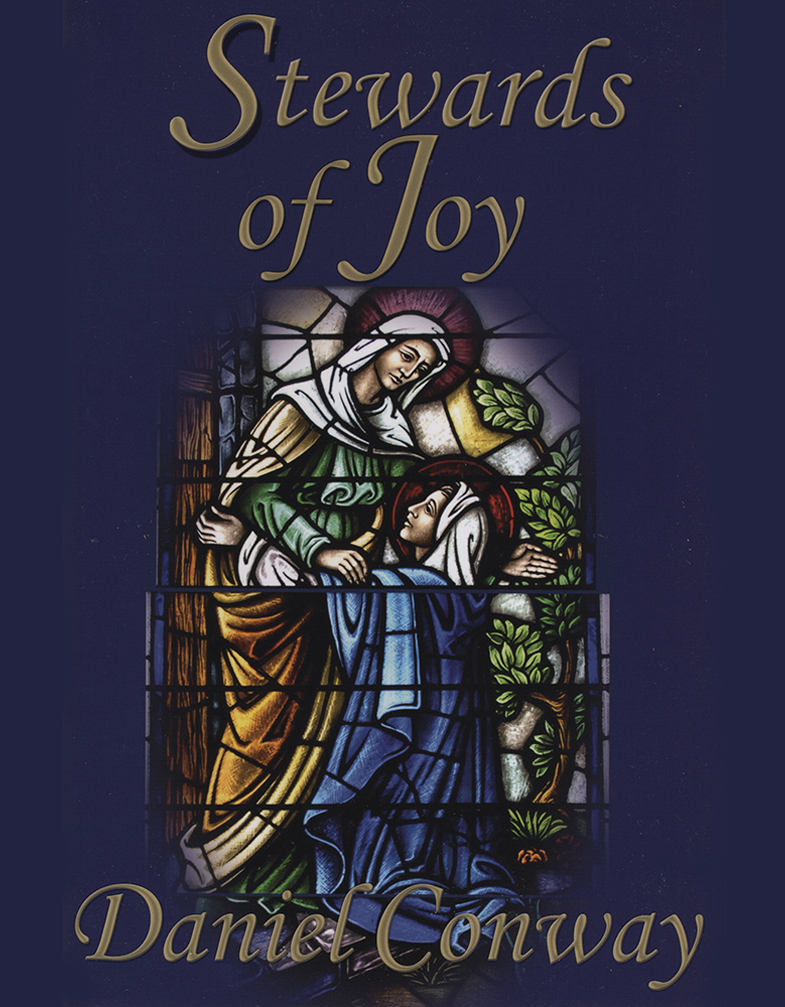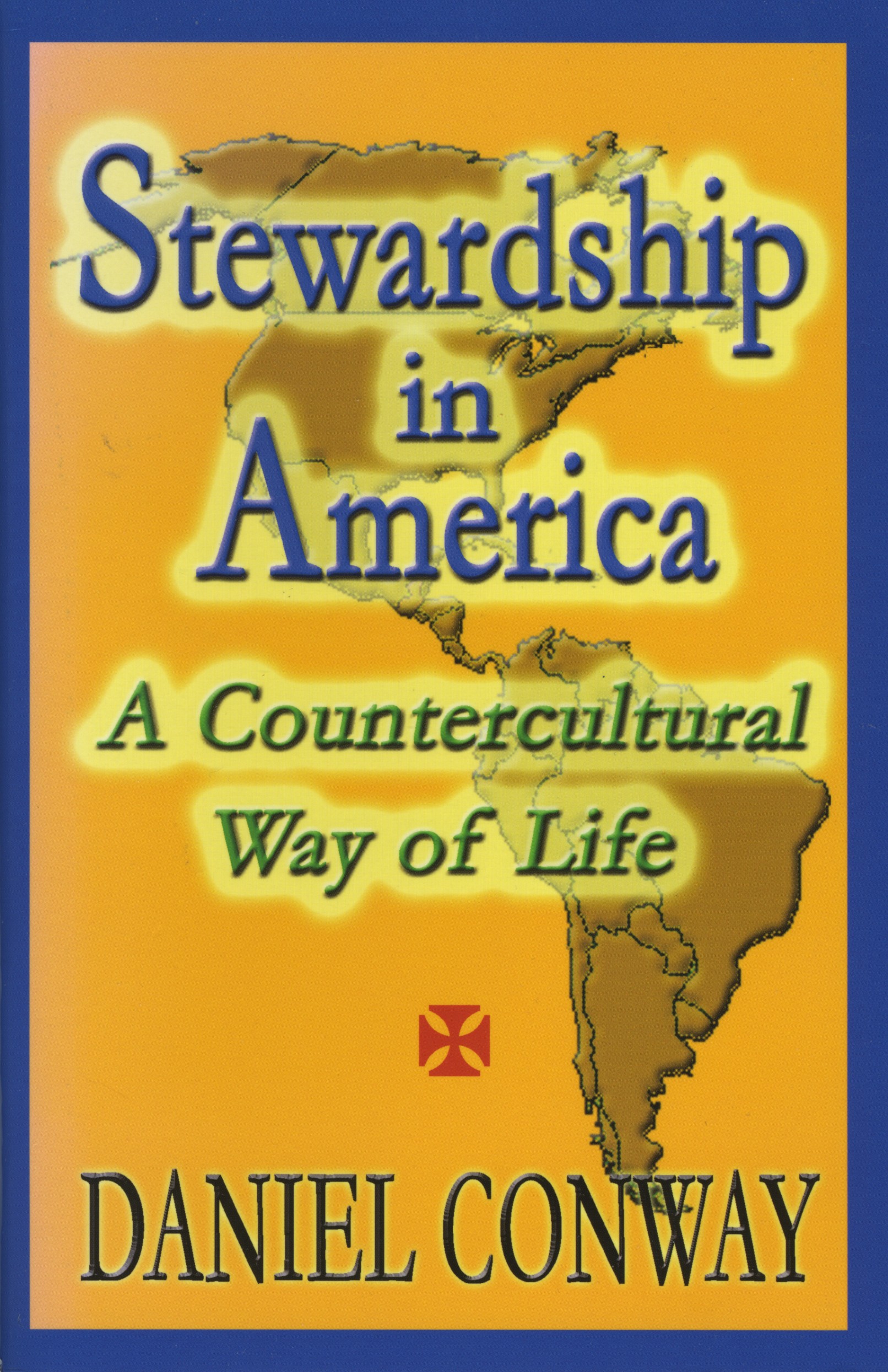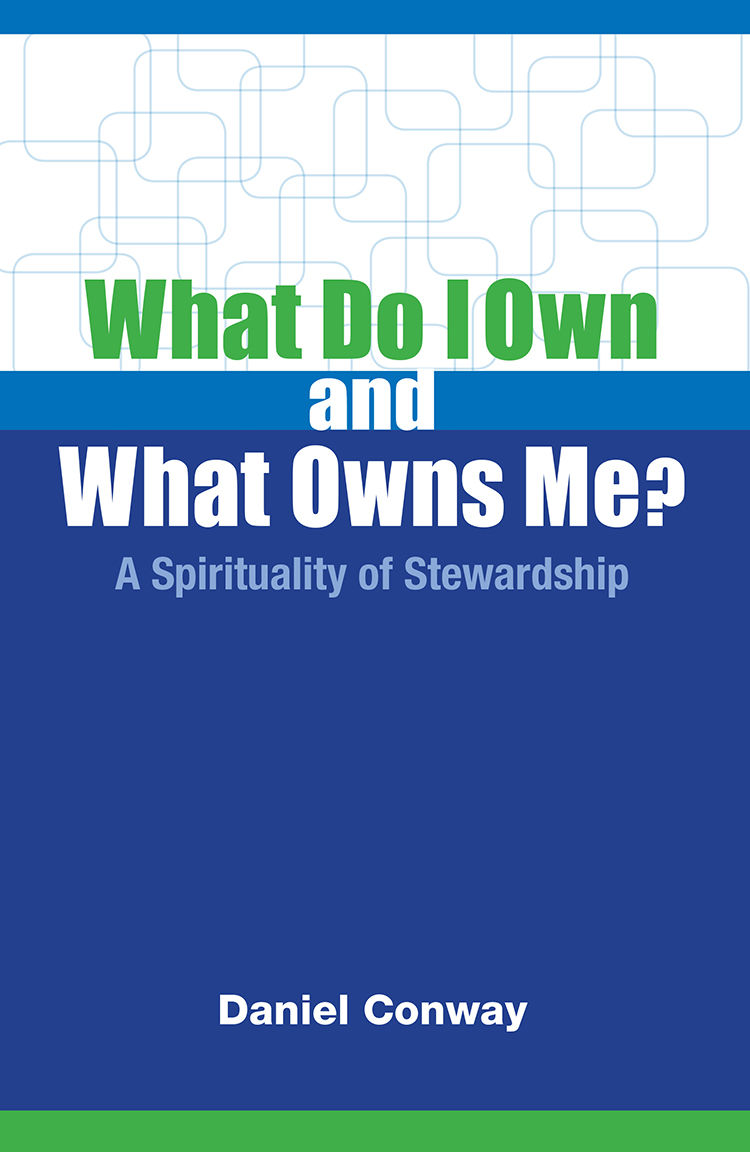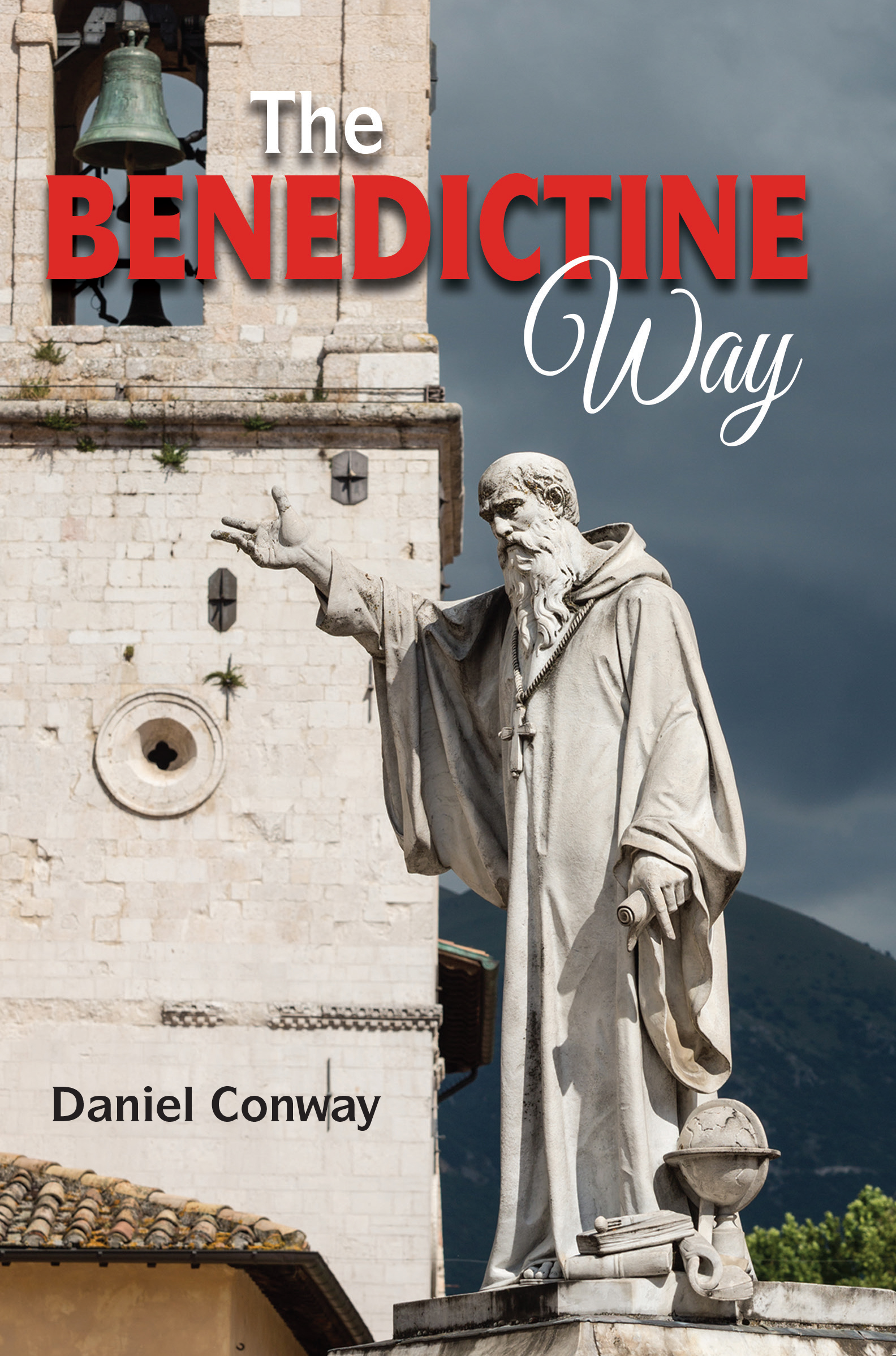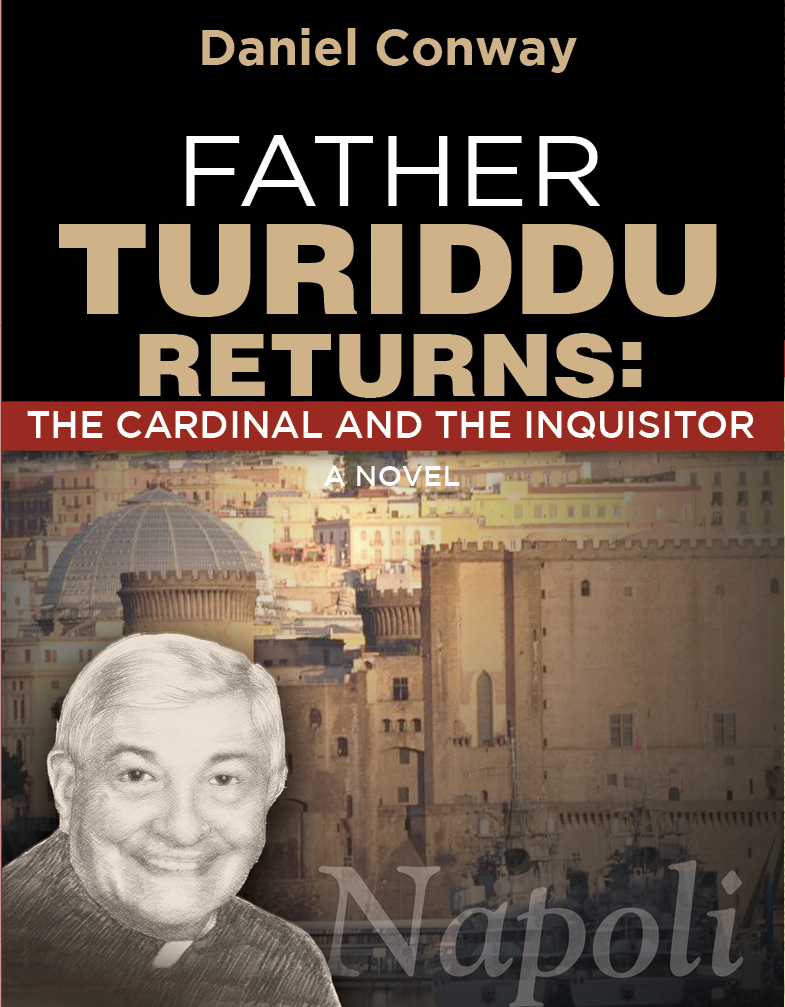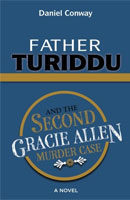How many times have we listened to someone whose opinion of a public figure in society or in the Church is nothing but pure contempt? How often are we exposed to critical arguments that are based not on facts or rational thinking, but on emotions ranging from simple dislike to unbridled hatred?
According to John L. Allen, Jr., a 25-year veteran of Catholic journalism, “In social media, on cable talk shows, in newspaper editorials, and on internet blogs, it seems what drives traffic and lights up the scoreboard isn’t a patient search for understanding, but rather cheap shots at people perceived to be political, ideological and cultural enemies.”
Allen’s book, Catholics and Contempt: How Catholic Media Fuel Today’s Fights, and What to Do about It (Word on Fire, 2023), describes how both mainstream and extremist news sources on both the right and left of Catholic thinking distort their coverage of people and events in the Church. Allen contends that media organizations aligned with Catholic causes too often “fuel the flames” by disingenuous reporting on issues that impact the daily lives of Catholics.
Catholics and Contempt gives vivid examples of how “narratives” are created that govern the way stories unfold. For example, long before his election as Pope Benedict XVI, Cardinal Joseph Ratzinger was portrayed as a rigid, doctrinaire conservative, even as a former Nazi. As a result, everything he said and did was perceived by many as unacceptable, contrary to the spirit and teaching of Vatican II, and therefore bad for the Church. Allen takes great pains to show that “the Ratzinger Narrative” is absurd, but he admits that many individuals and groups still perpetuate these false claims.
Allen also describes the “counter-narratives” that were quickly developed when Cardinal Jorge Bergoglio was elected as Pope Francis. One narrative applauds the pope’s teaching and actions as powerful signs that the Church is alive and well, responding to issues of grave concern such as migration, climate change, outreach to the poor and marginalized, and eager to cast off rigidity and conformity in its teaching and practice.
An opposite narrative portrays Pope Francis as a threat to all that the Church has held dear for 2,000 years. Those who are unhappy with changes that are taking place under Pope Francis argue that his actions undermine both the teaching authority and the devotional life of Catholicism.
Contradictory, contemptuous narratives are spun constantly from both the left and the right. Social media is the loudest, most vulgar and most unrelenting source for “fake news,” but no one who seeks to communicate what is happening in the Church today is immune from the effects of these conflicting ideologies in the Church and in society.
Unfortunately, changing culture, including the culture of contempt, takes time and patience. Above all, it requires that we refuse to let ourselves be sucked into emotions and mindsets that portray those we disagree with as beneath consideration, worthless or deserving scorn.
If we truly believe that everyone is made in the image and likeness of God, and therefore worthy of courtesy and respect, we can learn to disagree without being rude or offensive.
Contempt is not a Catholic virtue. —Daniel Conway

